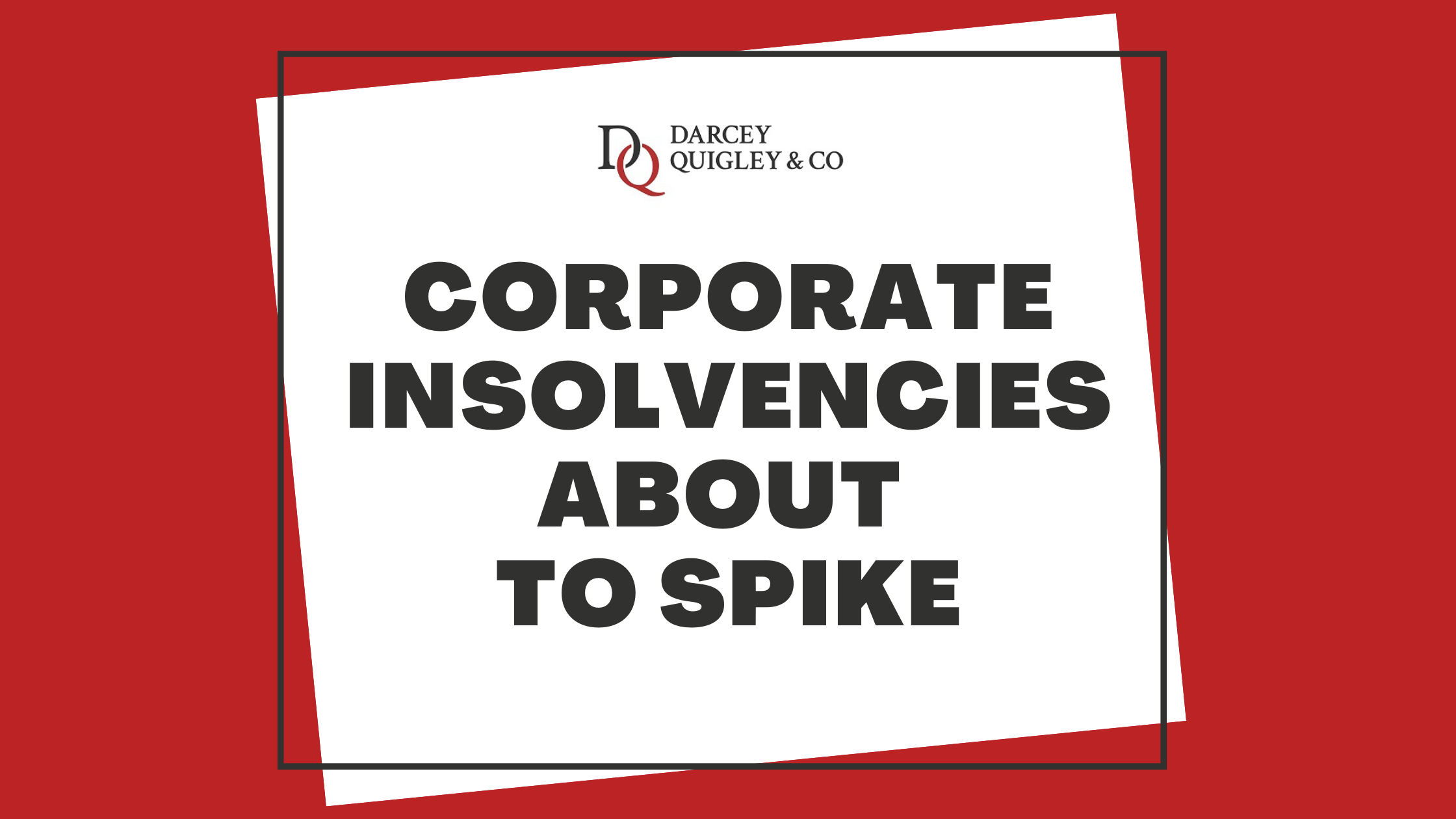Spotting The Warning Signs That A Client Isn’t Going To Pay
Imagine having a crystal ball and seeing which customers are not going to pay you on time before you run into the problems late payments cause.
By tuning into your customer’s behaviours, you will be able to clearly identify if there is a risk of your invoices being paid late.
Understanding that invoices could be potentially paid late will allow you to take necessary action to minimise the impact this could have on your business.
Excuse after excuse with no payment
Each of the warning signs we have included in this article are extremely frustrating, but when you are faced with excuses for non-payment, it can feel as if you are fighting a brick wall.
Our team have been working in the credit industry for over 50 years combined, so we have heard every excuse in the book. No, really. There is not an excuse we have not heard before.
Here are some examples of the typical excuses serial debtors will use to stall for time or try to avoid payment all together.
- We’ve already paid the invoice
- We haven’t received your invoice
- We didn’t receive goods or service
- We’re changing bank accounts
- I thought our credit terms were longer than those specified on the invoice
- My accountant isn’t available right now
- We pay all our invoices on a particular date each month
- Our director isn’t here to sign off the payment
Of course, mistakes can happen and there may be times where there could be mistakes on an invoice or your customer may genuinely not have received the goods they ordered. However, when you know for sure that your client is telling a barefaced lie you must take action and press on to recover the outstanding amount.
When you have a customer arguing that they thought the credit terms were longer, always point out that the correct credit terms are stated on your invoice, and they are to be adhered to.
The same goes for when you have a client who says that they pay all their invoices on a particular date, usually the end of the month. In these instances, it is important to remain strong and again explain that they have already agreed to the credit terms stipulated on your invoice.
Other times you will receive stalling tactics regarding personnel, typically a director or accountant. When you hear these excuses, the chances are that your customer is just trying to delay paying you so must keep the pressure on them until payment is made.
They go off-grid and cut communication
When your customer stops communicating with you it is a major red flag as they are actively trying to avoid paying you.
If your emails continue to go unanswered after three attempts, we’d recommend picking up the phone and calling them directly. Phone calls are much harder to ignore than emails and if you get through to your customer you need to explain that your invoice is now overdue and ask when you can expect to receive payment.
As your customer has already tried avoiding you, you must keep the pressure on them to ensure that you are paid quickly.
Changes to your customer’s credit report
Credit checking and monitoring are key to an effective credit control process. A good credit reporting facility will allow you to understand your customer’s payment behaviour, how much of a credit risk they pose to your business as well as flag any Country Court Judgements (CCJs) and company financials where available.
It is critical that you pull a credit report on your customers when you accept an order, but it is just as important to monitor changes to these credit reports. This will help you determine whether there is a risk that your customer will not be able to pay you on time.
They begin disputing the debt
A common way we see debtors avoiding payment is to dispute the debt whether this is an error on the invoice, a dispute about the goods or services delivered or even disputing the agreement of a contract.
Alarm bells should be ringing if these disputes are only raised once you begin chasing the outstanding payment, as your customer will have had plenty of time beforehand to alert you to any issues.
They begin changing the terms of the credit agreement
When you accept an order and issue an invoice your credit terms will have already been agreed by your client.
However, this does not stop some businesses try and change the credit terms after the invoice has been accepted and it is time for payment.
When this happens, it is very likely to be a stalling tactic to avoid payment. In these instances, you should be firm and explain that the credit terms have already been agreed and payment must be made in accordance to these terms.
Changes in buying and payment behaviour
When you have repeat customers, you should notice changes in their payment and buying patterns. If you notice something is off, for instance a customer to regularly pays on time is now making excuses or placing orders much smaller than usual, you should think about offering payment terms that mitigates some credit risk.
What can I do when I have overdue invoices?
When you have overdue invoices it can often be frustrating, particularly when they have been outstanding for some time.
For more tips, read our blog on how effective credit control can help you avoid debt recovery!
Our friendly team are always on hand to discuss any commercial debts you have as well as answer any queries on making your credit management effective. Schedule a call with our team at the time that suits you or call us on 01698 821 468.
Lynne is the Founder and CEO of Darcey Quigley & Co.
She is passionate and determined to help businesses get overdue invoices paid quickly.
Having worked within the credit management industry for over 27 years and ran UK leading commercial debt recovery specialists Darcey Quigley & Co for over 18 years, Lynne has helped businesses recover commercial debts from every continent across the globe.
Connect with me on LinkedIn!









